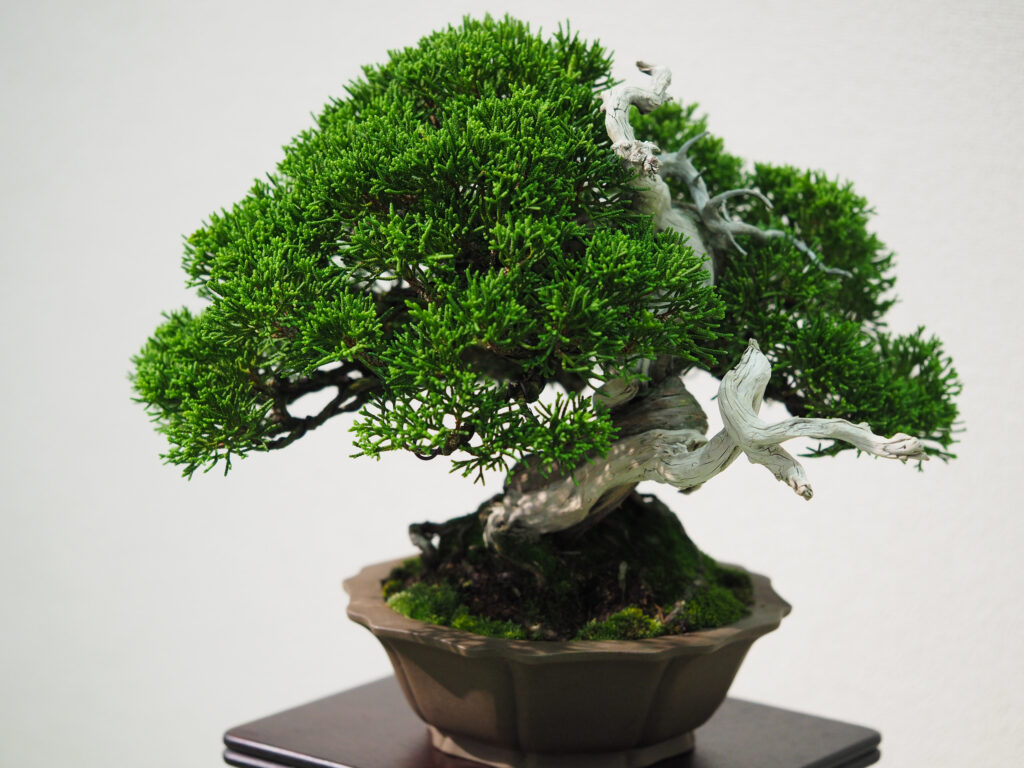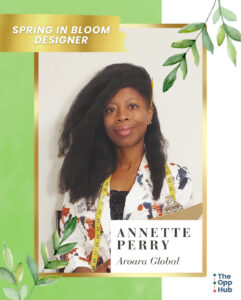
BY AMANDA MOSES
During COVID-19, many of us have found ourselves spending more time at home. For some this was not an issue, but for others it made them depressed to be so isolated. Studies, such as the University of North Carolina at
Chapel Hill, have found that plants add a level of emotional and physical brightness to your home, improving mental health. In fact, there is an entire medical field, Horticultural therapy that uses plant life to influence a person’s well-being.
According to Talk Space’s blog, a digital 24/7 text message service allows r you to speak with a licensed therapist, “Horticultural therapy is a technique that relies on plants and gardening to help people overcome health issues such as high blood pressure and memory disorders. It can also greatly help those battling depression, anxiety, addiction, and for survivors of abuse.” It has been found to aid mental health by promoting compassion through simply caring for a plant.
There is a structure toward plant care, watering, checking the soil, and even the excitement of planting something new. For some seniors, it helps promote physical activity with their hands and gives them a task to concentrate on along with a responsibility. Additionally, Talk Space shares that studies have found that caring for a plant releases a level of serotonin, helping to promote better sleeping along with a relaxed and refreshed outlook.
You can purchase a plant already in a pot at Home Depot, or even start your own herb garden at home through seedlings from your local grocery store. If you want to begin with seeds, grab a batch from your local grocery store or hardware shop, along with potting soil and a container. Place the soil into the pot and moisten it lightly with water. Using your finger pushing into separate sections of the soil, making sure the seeds are a few inches apart and few inches deep. Water it daily but make sure to not oversaturate it and leave it where it can get plenty of sunshine. Don’t forget to be patient, starting from seeds can take a few weeks.
Photo courtesy of Christoph Rupprecht via Flickr



